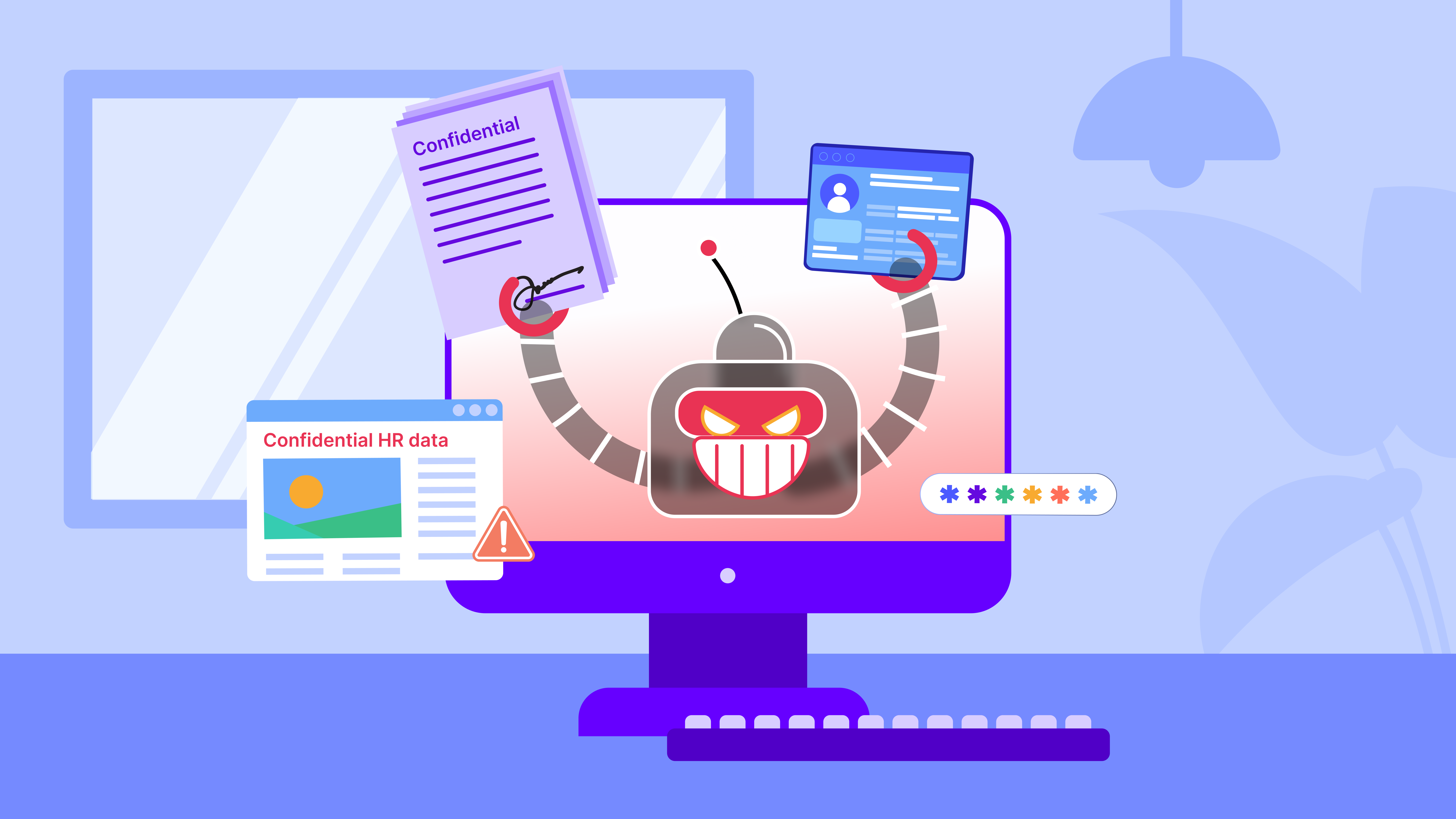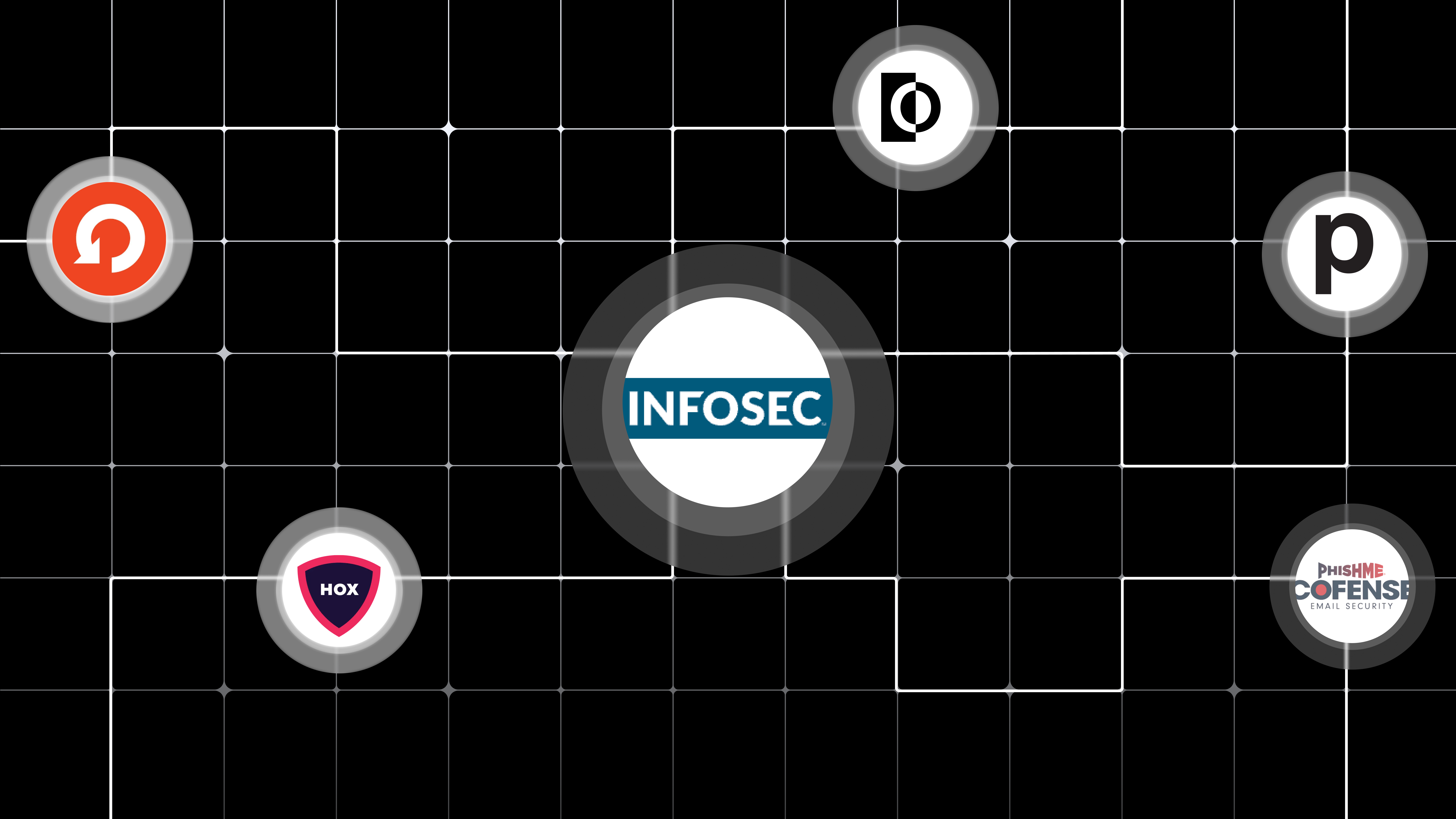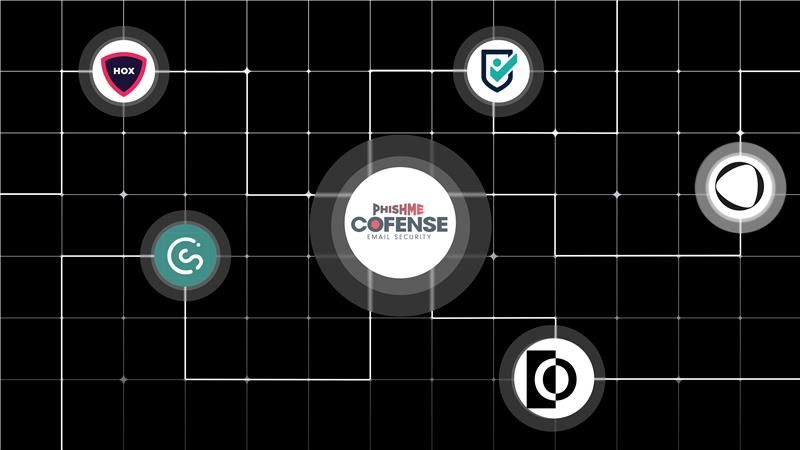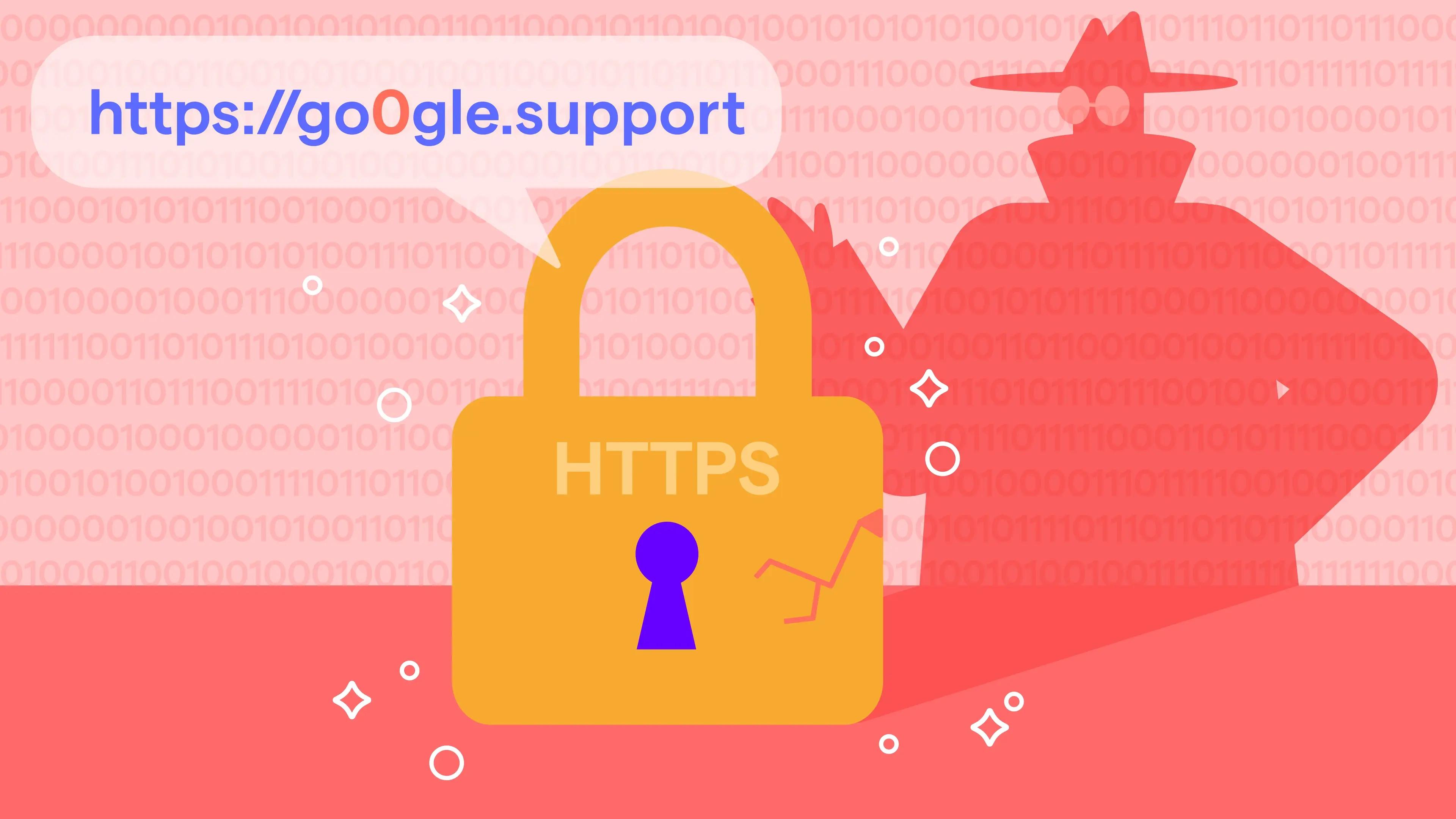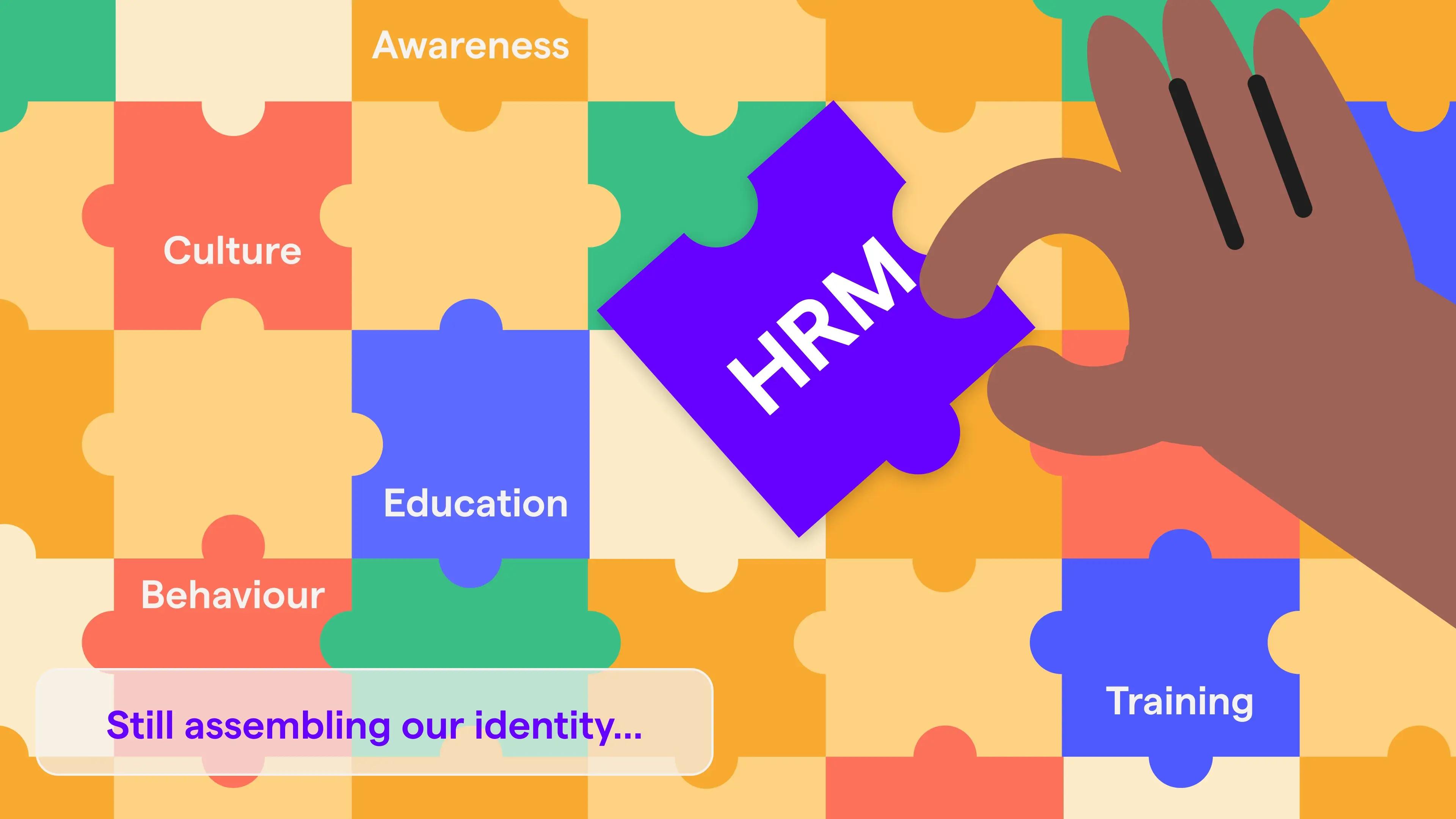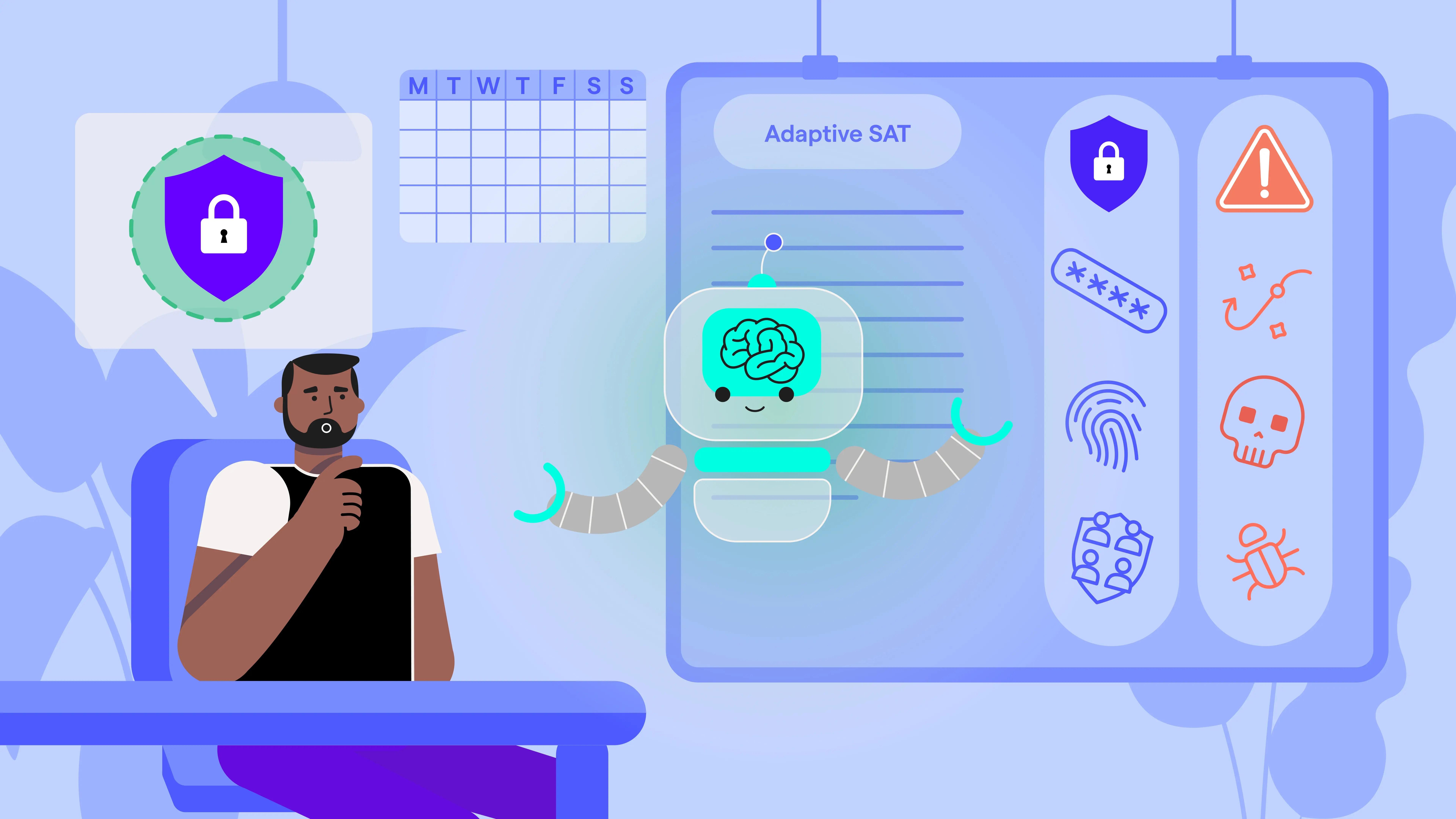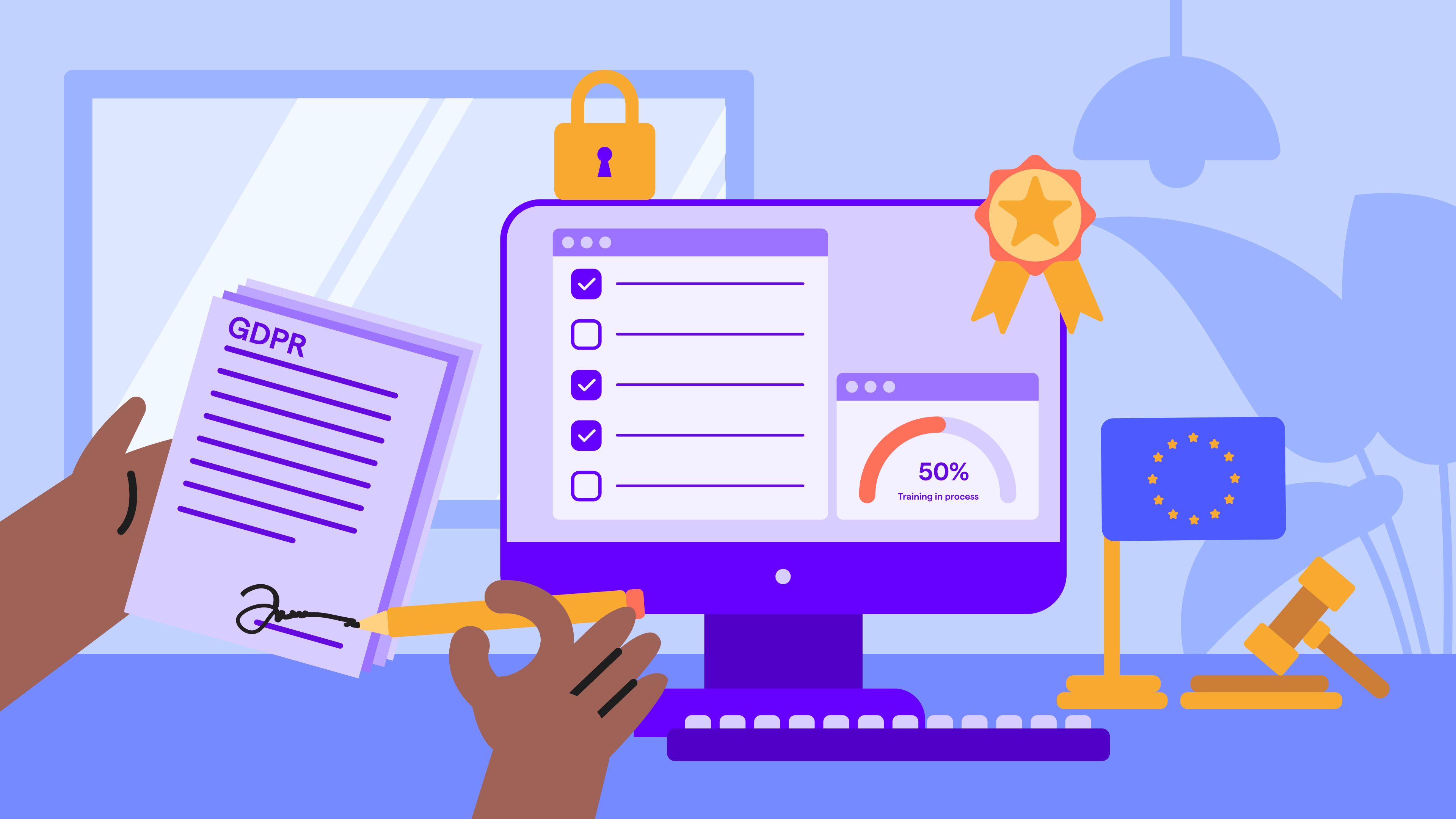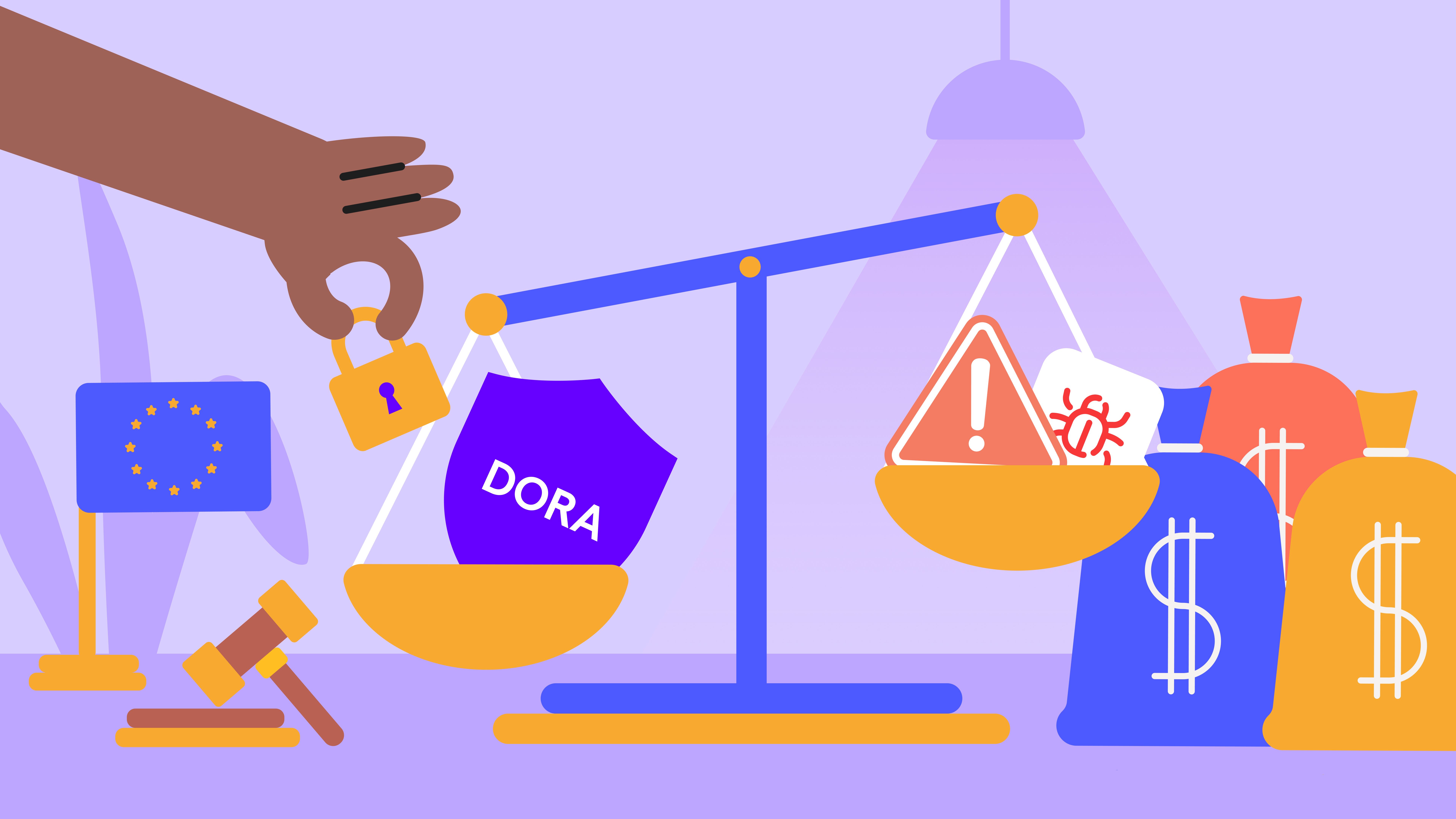
PIPEDA Compliance: Why PIPEDA Training is Important
Feb 21

Discover OutThink's Human Risk Management Platform
Data privacy is no longer just a legal obligation, it’s become a business imperative. In Canada, the Personal Information Protection and Electronic Documents Act (PIPEDA) governs how organizations collect, use, and disclose personal information. With rising concerns over data security, businesses must ensure compliance to protect both consumer trust and regulatory standing.
PIPEDA training plays a crucial role in helping employees understand their responsibilities, mitigate risks, and uphold best practices in data protection. This article explores what PIPEDA training entails, how it compares to GDPR requirements, and why organizations should prioritize compliance.
What Is PIPEDA?
Enacted in 2000, PIPEDA is Canada’s federal privacy law governing private-sector organizations that handle personal information for commercial activities.
The law is designed to:
- Protect individuals’ rights over their personal data and its use.
- Ensure businesses implement safeguards to prevent data misuse.
- Provide a complaint resolution process through the Office of the Privacy Commissioner of Canada (OPC).
PIPEDA applies to organizations across Canada, except in provinces with substantially similar privacy laws (e.g. Alberta, British Columbia, and Quebec). Foreign businesses outside Canada must also comply with PIPEDA requirements if they handle the personal data of Canadian residents.
Key Principles of PIPEDA
PIPEDA is predicated on 10 Fair Information Principles, which guide organizations in responsible data handling:
- Accountability – Organizations must assign responsibility for data protection.
- Identifying Purposes – Data collection must have a clear, lawful purpose.
- Consent – Organizations must obtain meaningful consent before collecting or sharing personal data.
- Limiting Collection – Only necessary data should be collected.
- Limiting Use, Disclosure, and Retention – Personal data should only be used for its intended purpose and stored securely.
- Accuracy – Data must be accurate and up to date.
- Safeguards – Security measures must be in place to protect data.
- Openness – Privacy policies must be clear and accessible.
- Individual Access – Consumers have the right to access and correct their data.
- Challenging Compliance – Individuals can file complaints with the OPC.
Understanding and implementing these principles is essential for PIPEDA compliance, making PIPEDA training a necessary practice for businesses handling Canadians' personal information.
PIPEDA vs. GDPR: Key Differences
Many wrongly assume that PIPEDA and the GDPR are straightforwardly interchangeable, but they differ in significant ways. The table below highlights and explains key areas of divergence between both sets of regulations:
| Feature | PIPEDA | GDPR |
|---|---|---|
| Scope | Private-sector organizations handling consumer data | Any organization processing personal data of EU residents |
| Legal Basis for Processing Data | Requires consent in most cases, but allows implied consent | Explicit legal bases beyond consent, including legitimate interest |
| Fines & Penalties | Up to $100,000 CAD per violation | Up to €20 million or 4% of annual turnover |
| Data Subject Rights | Access, correction, and complaint filing | Right to erasure, data portability, and objection to processing |
| Enforcement | Office of the Privacy Commissioner of Canada (OPC) | Data Protection Authorities (DPAs) in each EU member state |
While both laws aim to protect personal data, PIPEDA is less strict than the GDPR, with weaker penalties and fewer consumer rights. Proposed reforms in Canada under Bill C-27, however, aim to bring PIPEDA compliance closer to global standards.
What Is PIPEDA Training?
PIPEDA training educates employees on privacy best practices, legal obligations, and data protection strategies. Training programs typically cover:
- The 10 Fair Information Principles and how they apply to business operations.
- How to obtain and document valid consent from consumers.
- Steps to respond to data subject requests and privacy complaints.
- Strategies to prevent data breaches and implement security safeguards.
Businesses should ensure PIPEDA training is adapted to employees’ roles: customer service teams, IT departments, and marketing teams all have different responsibilities under the law.
Why PIPEDA Compliance Training Is Essential
1. Avoiding Legal Risks
Non-compliance with PIPEDA can lead to investigations by the Office of the Privacy Commissioner of Canada and potential fines of up to $100,000 per violation. Proper PIPEDA compliance training helps organizations avoid costly mistakes and regulatory action.
2. Strengthening Consumer Trust
In an era of increasing data breaches, consumers demand transparency and security. PIPEDA training empowers employees to handle personal information responsibly, ensuring customers feel confident in how their data is used.
3. Preparing for Future Privacy Law Changes
Canada is updating its privacy laws under Bill C-27, which proposes stricter regulations and higher penalties. Investing in PIPEDA compliance training now helps businesses stay ahead of evolving legal requirements.
The Future of Data Privacy in Canada: Transitioning from PIPEDA to CPPA
The Consumer Privacy Protection Act (CPPA) is set to replace PIPEDA, introducing stricter data protection rules and stronger enforcement mechanisms. While PIPEDA compliance training remains essential today, organizations must start preparing for CPPA, which will bring Canada’s privacy laws closer to GDPR standards.
Key changes under CPPA include:
- Enhanced Consent Requirements: Stricter guidelines on how organizations obtain and manage user consent.
- Expanded Individual Rights: Consumers will have greater control over their data, including the right to request data portability.
- Higher Penalties for Non-Compliance: Organizations may face fines of up to $25 million or 5% of global revenue, a significant increase from PIPEDA’s current penalties.
- Increased Enforcement Powers: The Privacy Commissioner of Canada will have stronger authority to investigate and penalize violations.
Although the CPPA’s legislative timeline remains uncertain, businesses should proactively align their PIPEDA compliance programs with CPPA’s requirements. Investing in PIPEDA training now ensures a smoother transition by reducing legal risks and helping organizations maintain consumer trust in an evolving regulatory landscape.
Best Practices for PIPEDA Training Programs
1. Role-Based Training
Different teams handle data differently. Ensure PIPEDA training is customized for:
- HR and customer service teams managing consumer data requests.
- IT teams implementing security controls and breach response plans.
- Marketing teams ensuring compliance with email marketing and consent rules.
2. Interactive Learning Methods
Engagement is key. Effective training includes:
- Case studies of real-life data breaches.
- Scenario-based learning on handling privacy requests.
- Assessments and quizzes to reinforce knowledge.
3. Regular Updates
Privacy laws evolve and so must security awareness training programs alongside them. Regular PIPEDA compliance refreshers keep employees informed about policy changes and best practices.
Shaping a Privacy-Conscious Culture
PIPEDA compliance is not just about avoiding fines - it’s about fostering a culture of trust and responsibility. Well-informed employees reduce legal risks, enhance security, and build consumer confidence in your organization.
As Canada’s privacy landscape continues to evolve, businesses must remain proactive. By investing in PIPEDA training, organizations can stay ahead of regulations and demonstrate their commitment to ethical data management. The Canadian public is becoming increasingly privacy-conscious, so the businesses that aim to serve their needs should reflect that concern in both their internal and external operations.
Take the Next Step in PIPEDA Compliance
In light of the likely passage of the CCPA and the general trend towards more robust regulatory scrutiny of privacy and data protection in Canada, strengthening your PIPEDA compliance efforts should be a top priority for any business with Canadian customers. Explore how OutThink’s Adaptive Security Awareness Training can help your workforce receive tailored training to navigate privacy laws with confidence and remain compliant.





